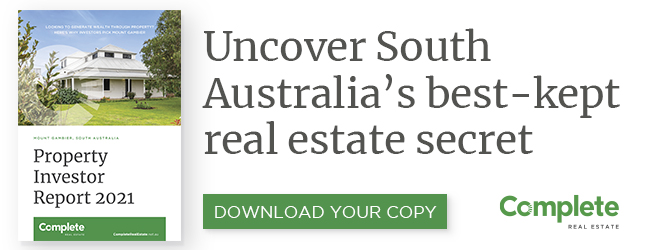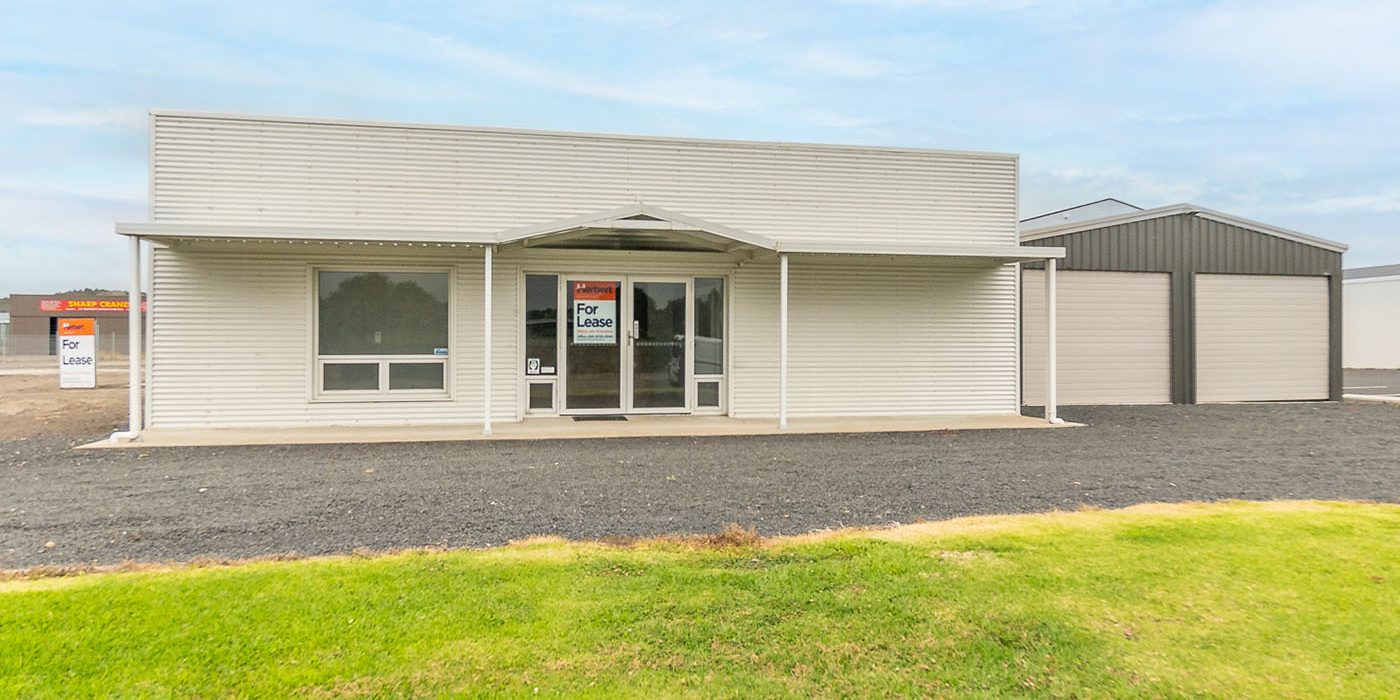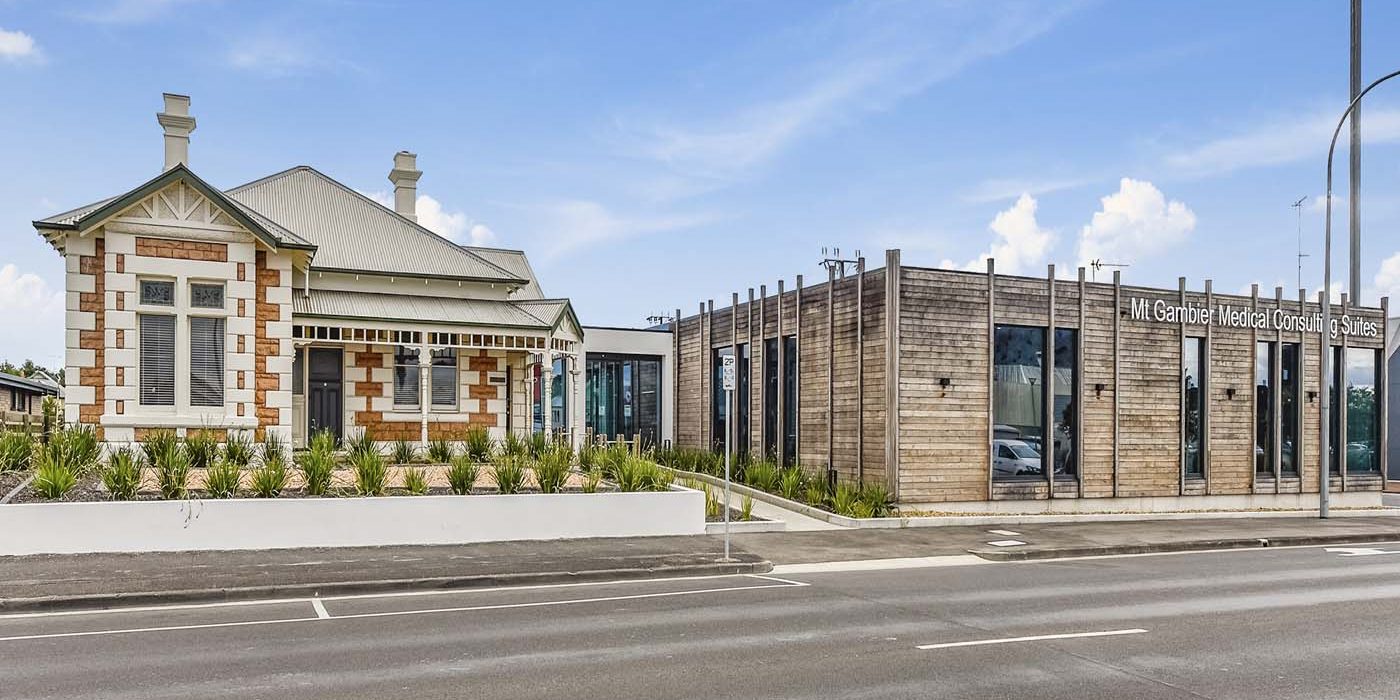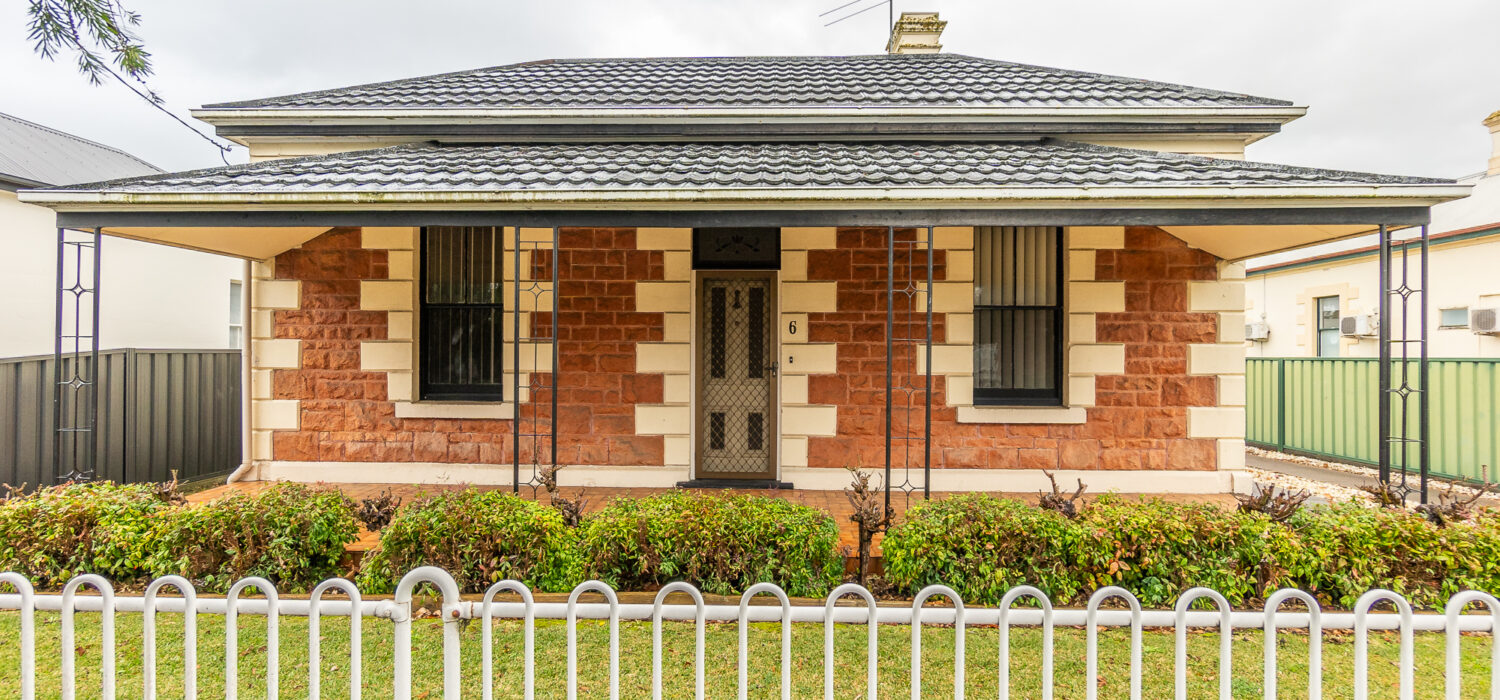One of the benefits of investing in property in Australia is being able to write off some of the costs as tax deductions. However, many investors are confused about what they can and can’t claim. As a result, they end up losing out financially.
Here are some must-dos when it comes to tax and investment properties:
How can I lower the taxes on my investment property?
The first step is to do your paperwork. Keep proper and thorough records of what you spend and you’ll make tax time much easier.
At tax time, the ATO will want to see information including:
- When you purchased your property and for how much.
- The income you have made from rent in the past financial year.
- Your expense claims. These claims should include: The nature of the goods or services, the name of the supplier, the exact expense, and the date incurred.
If you can hand everything over to your tax agent, they will let you know which expenses can be deducted.
It helps to have a good property manager on your side. This expert will share statements of your expenses and save you from having to keep track of everything.
How do I avoid capital gains tax on investment property in Australia?
Investment properties usually incur capital gains tax when they sell, but you can do a few things to minimise how much you pay.
1. Make sure you hold onto the property for more than 12 months. If you have owned your investment property for more than a year, you may receive a discount on capital gains tax.
2. Once again, keep detailed records. The more records you have, the better your odds of claiming deductions.
3. If possible, sell your investment property during a year when you expect your income to be lower than usual. Capital gains are part of your annual income, so the lower your income in the year you sell, the less you tax payment.
You can also head to the ATO website to check out their capital gains tax property exemption tool.
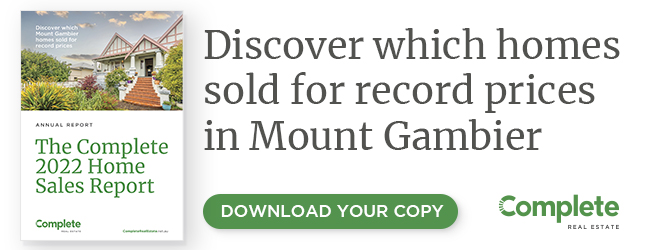
How much can I write off for my rental property?
Your investment property is a liability as well as an asset. While it does generate rental income for you, the rent your tenants pay is unlikely to cover the total cost of owning the property. Because of this, you can claim expenses as tax deductions.
This includes:
Depreciation: The items in your investment property lose value (depreciate) over time and this loss can be written off as a tax deduction. The best bet is to have a professional depreciation certificate prepared, which your accountant will use to help lower your taxes.
Upgrades: The cost of upgrading some items in your property (e.g. a new dishwasher) can be tax deductible. Your accountant will tell you if you can claim in one go or over time.
Borrowing expenses: You can often claim establishing fees, loan insurance, and other borrowing expenses.
Advertising: If you have spent money advertising to find tenants, you may be eligible for a tax rebate.
Body corporate fees and charges: Properties on strata titles can claim body corporate fees (be aware that you won’t be able to claim other expenses like maintenance in communal areas).
Council rates: You can only claim council rate expenses for the time that your property has tenants
Capital works: You can claim capital works to structurally improve your property as long as the expenses don’t outweigh the purchase cost. Capital works deductions also tend to occur over several years.
Other claimable expenses can also include:
- Insurance
- Land tax
- Property agent’s fees and commission:
- Utilities
- Cleaning
- Gardening maintenance
- Pest control
- Repairs and maintenance
- Legal expenses
An essential tip to reduce the tax on your investment property is to hire a quality accountant. A skilled tax specialist will know the ins and outs of the system and can cut through the red tape for you.
Don’t forget that your property manager is here to help as well. They can let you know which expenses can be claimed as tax deductions, and keep detailed records for you.
Please also note that you should assess the suitability of any purchase of the land or business in light of your own needs and circumstances by seeking independent financial and legal advice.
Thinking of buying an investment property in Mount Gambier? Contact Complete Real Estate today for our latest listings and information about our property management services.
